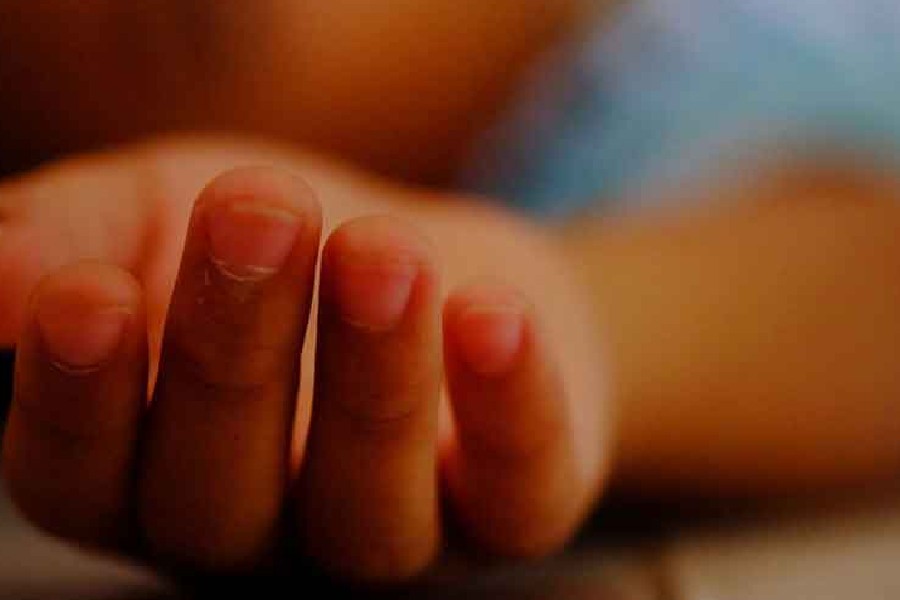When the Israeli army told Palestinians in the Beach refugee camp in Gaza City to flee south because it was safer, 18-year-old Dima Al-Lamdani's family prayed they would escape relentless air strikes.
But days later, Lamdani was left to identify the bodies of her relatives at a makeshift morgue in the southern city of Khan Younis. She said she lost her parents, seven siblings and four members of her uncle's family in an Israeli air strike.
"They told us to evacuate your place and go to Khan Younis because it is safe... They betrayed us and bombed us," she said.
She said her family and her uncle travelled in two cars across Gaza, which has faced the heaviest bombardment after the Palestinian militant group Hamas launched an attack on Israel on October 7, killing about 1,400 people and taking more than 200 hostages.
Lamdani's family was staying at a temporary shelter in Khan Younis when she said: "At 4.30am I was awake and sitting with my aunt drinking coffee. Suddenly I woke up in the middle of ruins. Everyone around me was screaming, so I screamed."
Lamdani, the side of her face grazed and bruised, said after searching for her family members in the morgue on October 17 that only her brother and two young cousins had survived.
"This is a nightmare. It will never be wiped from my memory," she said. "I had a sister, 16. They wrote my name on the white sheet they wrapped her body in, they thought it was me."
An Israeli military spokesperson said: "The IDF (Israel Defense Forces) has been encouraging residents of the northern Gaza Strip to move southward and not to stay in the vicinity of Hamas terror targets within Gaza City.
"But, ultimately, Hamas has entrenched itself among the civilian population throughout the Gaza Strip. So wherever a Hamas target arises, the IDF will strike at it in order to thwart the terrorist capabilities of the group, while taking feasible precautions to mitigate the harm to uninvolved civilians."
Gaza health authorities said more than 5,000 people have been killed in Israel's two weeks of bombardment and more than 15,000 have been injured.
After October 7, Israel imposed a total blockade on the Gaza Strip, which is running out of water, food, medicines and fuel for its 2.3 million people.
On Monday, aid workers and security sources said a third convoy of aid trucks entered the Rafah crossing from Egypt bound for Gaza. Rafah is the main crossing that does not border Israel.
UN officials say about 100 trucks a day are needed to meet essential needs in Gaza. On Saturday and Sunday, 34 trucks passed through.
Humanitarian deliveries through Rafah began at the weekend after wrangling over inspection procedures and bombardments on the Gaza side of the border.
EU leaders will call for a "humanitarian pause" in the Israel-Hamas war so that aid for Gaza can safely reach those in need, draft conclusions of an EU summit showed.
Turkey sent two cargo planes to Egypt on Monday carrying medical equipment and supplies for Gaza, health minister Fahrettin Koca said, adding two more would be sent.
Hamas said more was needed. "Letting limited quantities of aid enter the Gaza Strip in the past two days doesn't answer the growing requirements of our people during the savage aggression and the ongoing blockade," it said in a statement.
At one UN school in Khan Younis, Nasser Abu Amer, his wife and eight children, said they were desperate for food and water.
"What aid? They are giving us 2 canned food, what for? Breakfast, lunch and dinner for the children?" said Amer.










